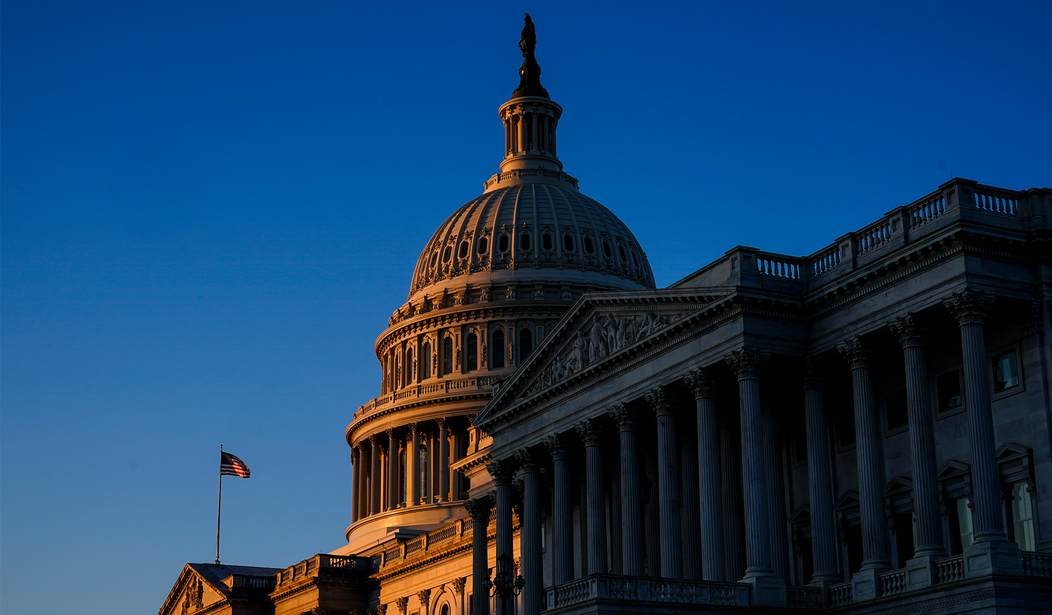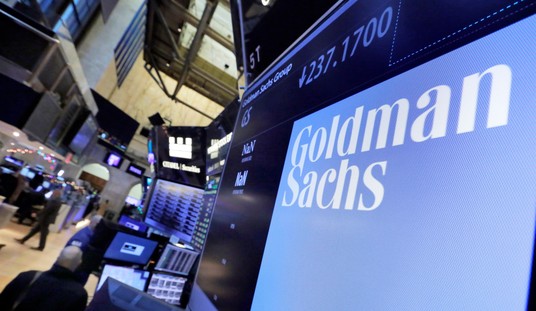In an infuriating but predictable ruling, a federal appeals court chose to expand the definition of “disorderly conduct” to widen the Justice Department’s efforts to prosecute those who were present at the U.S. Capitol building on Jan. 6, 2021.
The ruling has garnered criticism from those on the right, who point out that it is yet another example of how the government is being weaponized for political purposes.
For those who missed the story, RedState’s Streiff wrote an excellent breakdown.
A three-judge panel of the DC Circuit Court of Appeals unanimously ruled that they were participants if people were aware of what was happening around them.
“A lone hiker on a mountaintop can sing at the top of his lungs without disturbing a soul; a patron in a library cannot,” the panel of the D.C. Circuit Court of Appeals ruled in an 18-page opinion authored by Judge Karen Henderson, an appointee of George H.W. Bush. “It is entirely appropriate to clap and cheer when a keynote speaker steps to the podium but to do so once the room has fallen quiet and he has begun to speak would ordinarily be disruptive. Thus, in determining whether an act is disorderly, the act cannot be divorced from the circumstances in which it takes place.”
“Even passive, quiet and nonviolent conduct can be disorderly,” Henderson added, citing Supreme Court precedent that held sit-ins or protests that block traffic can be disorderly.
The explanation continued, with Henderson contending that Alford deserves punishment because he entered the building when he was “plainly” not allowed to.
“[Jan. 6 defendant Russell] Alford paints himself as a passive observer, and, granted, his conduct does not rise to the level of culpability of many of his compatriots,” Henderson wrote for the panel. “But he made a deliberate choice to join the crowd and enter the Capitol when he was plainly not permitted to do so. The jury was not required to view Alford’s actions in isolation as though he were the only one at the Capitol that day.”
Streiff put forth the best assessment of this decision when he wrote: “The claim that people were ‘plainly not permitted’ to enter the Capitol on January 6 is utter horsesh**.”
We all saw the footage many times over the past three years. In fact, when House Speaker Mike Johnson (R-LA) began releasing all of the footage, it became even more apparent that the vast majority of those involved in the “insurrection” were allowed into the building and even engaged in conversations with Capitol police officers. These videos further showed the notion that it was obvious that they were not allowed on the premises is, well, horsesh**.
Nevertheless, the court deemed it appropriate to expand the definition of what is considered “disorderly” because those fascist MAGA people must be thoroughly punished for strolling around in a building.
There are several apparent problems with this ruling.
Let’s start with the expansion of discretionary power. The court’s decision grants even more discretionary power to the state in a way that could mean that even those who are behaving in passive, quiet, or nonviolent conduct could be construed as a criminal and face years in a cage even though they did not violate anyone’s rights.
The broad interpretation could lead to a chilling effect on free speech and peaceful assembly, both of which are supposed to be guaranteed by the U.S. Constitution. If the state can summarily deem someone a criminal for protesting peacefully, why would anyone risk prison for making their voices heard?
From the perspective of the rule of law, this ruling could also be problematic due to the ambiguity it introduces into the situation. The law should be clear and predictable so that people can clearly understand whether they are breaking it. The notion that, in some cases, it could be against the law to engage in nonviolent protests will only have more of a detrimental impact on freedom of expression, especially if those who run afoul of the law could face spending years in prison for speaking their minds.
Expanding the scope of the “disorderly” law not only gives the government more latitude to target people based on political beliefs, but it also creates more confusion for those who could be targeted.
Unfortunately, we already know why the court issued this ruling. The Biden administration is on the warpath against anyone who was within spitting distance of the U.S. Capitol building on that day. Over the past three years, it has become abundantly clear that the government’s objective here is not to seek justice but to send a message to others who might dare to protest against the government or to dispute the outcome of an election.













